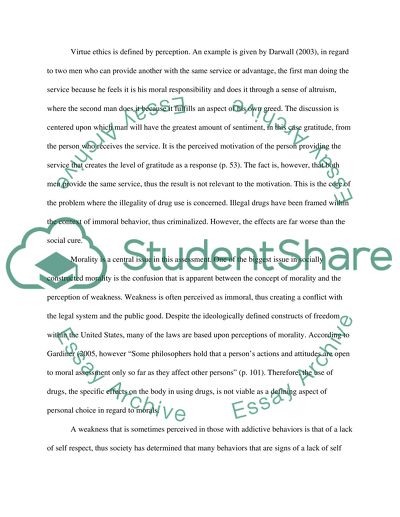Cite this document
(Legalizing Marijuana: Ethical Considerations Essay - 1, n.d.)
Legalizing Marijuana: Ethical Considerations Essay - 1. https://studentshare.org/social-science/1575578-the-legalization-of-marijuanna
Legalizing Marijuana: Ethical Considerations Essay - 1. https://studentshare.org/social-science/1575578-the-legalization-of-marijuanna
(Legalizing Marijuana: Ethical Considerations Essay - 1)
Legalizing Marijuana: Ethical Considerations Essay - 1. https://studentshare.org/social-science/1575578-the-legalization-of-marijuanna.
Legalizing Marijuana: Ethical Considerations Essay - 1. https://studentshare.org/social-science/1575578-the-legalization-of-marijuanna.
“Legalizing Marijuana: Ethical Considerations Essay - 1”. https://studentshare.org/social-science/1575578-the-legalization-of-marijuanna.


